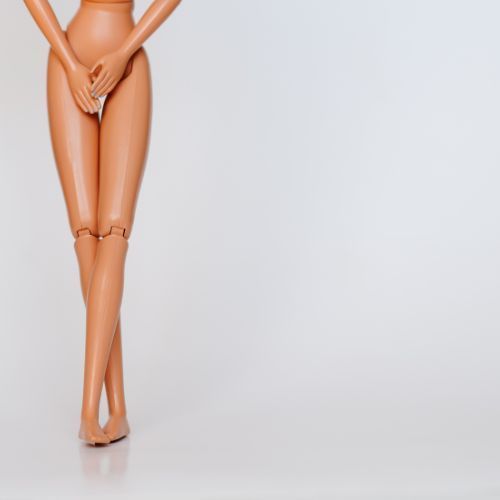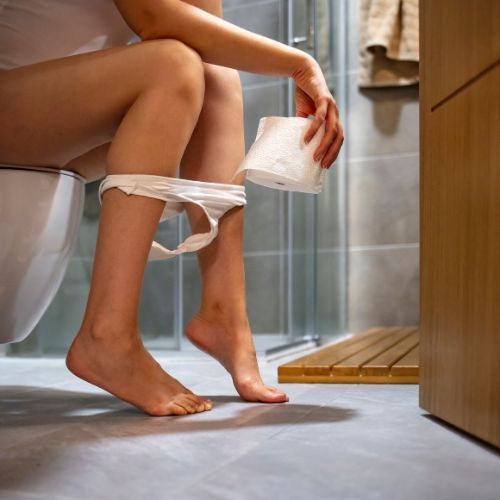
Incontinence, intimacy pain and initial appointment all start with the letter I and are all related to pelvic health. How can we help?
Incontinence
Incontinence refers to the involuntary loss of wee or poo.
And it doesn't just happen to older people!
It can affect people of all ages, but is more common among older adults and those who have experienced pregnancy, childbirth or menopause.
Incontinence can significantly impact a person's quality of life and may cause social embarrassment, emotional distress and limitations in daily activities.
We can help!
Initial appointment
We understand seeing a pelvic health physiotherapist for the first time can make you feel nervous, anxious and overwhelmed.
We are here to support you every step of the way.
Here is a little of what to expect from your initial appointment with us:
- An initial appointment is usually a one hour consultation
- Your appointment will include history, education, assessment and treatment
More from the blog



03 9325 1511
info@pelvichealth.melbourne
ABOUT US
While you don’t talk about pelvic health every day, we do. Our team of specialised physiotherapists are highly skilled and more importantly, have the emotional intelligence to help you through whatever challenges you’re facing. Talk to us today.
ABOUT US
While you don’t talk about pelvic health every day, we do!
Our team of pelvic health therapists are passionate about helping you through whatever challenges you’re facing. Talk to us today.

We acknowledge the Traditional Owners of the land where we work and live, the Bunurong and Wurundjeri peoples of the Kulin Nation and pay our respects to Elders past and present. We celebrate the stories, culture and traditions of Aboriginal and Torres Strait Islander Elders of all communities who also work and live on this land.






